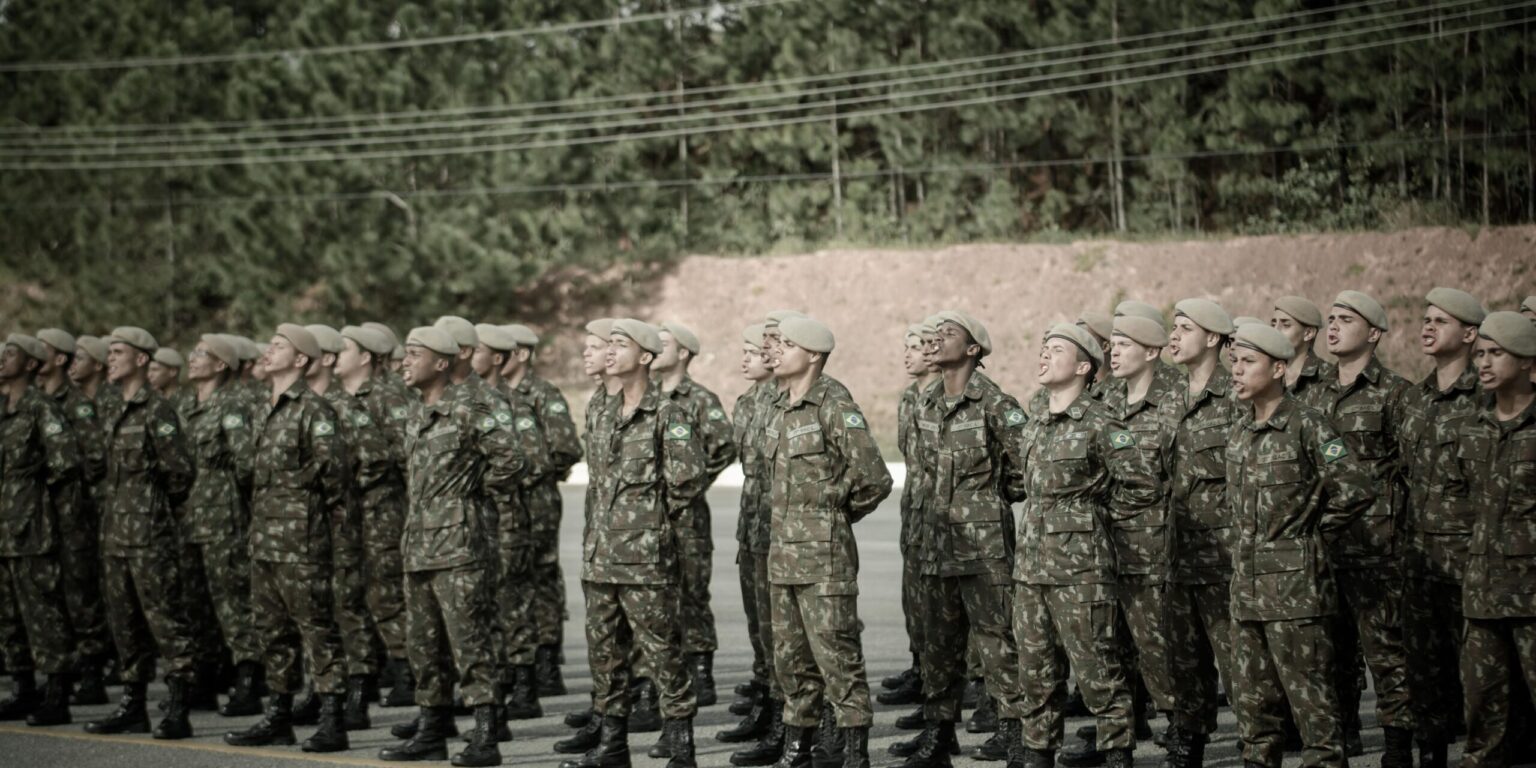On June 20, 2025, a U.S. appeals court delivered a significant ruling, allowing President Donald Trump to retain control over the California National Guard. This decision overturned a previous judgment by a district judge, who had found the federalization of the Guard unlawful. The ruling has broader implications, permitting Trump to continue deploying the National Guard to manage protests in Los Angeles, despite vocal objections from California Governor Gavin Newsom. The case has intensified discussions on the relationship between federal and state powers, particularly in the use of military forces within U.S. borders.
The Legal Context and Federal vs. State Authority
The conflict at the heart of this case lies in the balance of power between state and federal authorities. Under the U.S. Constitution, the National Guard can be called into federal service by the President during times of national emergency, yet it is generally under the command of state governors during peacetime. The crux of this case revolves around whether President Trump overstepped his authority by deploying the National Guard in response to protests, particularly those occurring in Los Angeles.
Governor Newsom has argued that the deployment of the National Guard in this manner represents an abuse of power, with the federal government using military force on U.S. soil to address civil unrest. Newsom has consistently opposed Trump’s actions, calling them authoritarian, and has voiced concerns about the erosion of state sovereignty.
On the other side, the federal government maintains that the National Guard’s role in responding to protests is necessary to preserve order and protect public safety. The Trump administration argues that the federalization of the National Guard is in line with presidential powers during times of crisis, especially when state authorities request assistance or fail to handle civil unrest adequately.
The Appeals Court Decision
In its June 20 ruling, the appeals court sided with the Trump administration, allowing federal control over the California National Guard to continue. The decision overturned the district court’s previous finding that the president’s actions were unlawful. The appeals court ruled that the federalization of the National Guard fell within the president’s constitutional authority, thus upholding the broader power of the federal government to intervene in such matters, particularly when it involves maintaining public safety during widespread protests.
This ruling significantly alters the legal landscape of how the federal government can manage civil disturbances. The decision reinforces the idea that federal authority, especially in the context of national security and public safety, can supersede state concerns, even when local officials object.
The Broader Implications for Civil Liberties
Governor Newsom’s objections are rooted in concerns about the militarization of domestic law enforcement and the potential abuse of military power on U.S. soil. Newsom has previously expressed his belief that the National Guard’s role should be limited to supporting state and local authorities, particularly in natural disaster response, rather than being used to quell civil unrest or engage with protests.
The deployment of military forces to manage domestic protests, especially in large urban centers like Los Angeles, raises broader questions about the potential erosion of civil liberties. Critics argue that such actions could pave the way for more authoritarian practices, undermining the democratic principles that protect the right to free speech, assembly, and protest.
However, supporters of the Trump administration’s decision argue that when protests become violent or threaten public safety, the government has a responsibility to intervene. The use of the National Guard, they say, is a necessary measure to maintain order and prevent further escalation. The question, however, remains whether such intervention should be federal or whether state governments should have more control over the response to unrest within their borders.
The Role of National Guard in Modern Governance
The case also highlights the evolving role of the National Guard in contemporary governance. Historically, the National Guard was intended to serve a more localized function, responding primarily to natural disasters or other state-level emergencies. Over time, however, its role has expanded to include federal deployments for national security and, more controversially, to manage civil disturbances.
The National Guard’s dual mission—both federal and state—creates a unique tension in moments of crisis. While governors typically have authority over their state’s National Guard units, the president has the power to federalize these units, leading to potential clashes between state leaders and the federal government. This case underscores the challenge of navigating the fine line between protecting national security and respecting state sovereignty.
Future Legal and Political Developments
Although the appeals court decision allows President Trump to continue exercising control over the California National Guard, the case is unlikely to be the final word on the matter. Legal experts predict that further appeals could be in the works, potentially reaching the U.S. Supreme Court for a final resolution. Additionally, the political ramifications of this ruling are likely to resonate beyond the courtroom, influencing future gubernatorial challenges to federal power.
Governor Newsom has already indicated that he will explore all legal avenues to reverse the decision, possibly through new legislative measures at the state level or by pursuing additional lawsuits. As the legal battle continues, the implications for U.S. governance—particularly regarding the use of military force within civilian spaces—are likely to remain a point of intense debate.
Conclusion
The U.S. appeals court ruling on June 20, 2025, marks a pivotal moment in the ongoing debate over federal and state authority. By upholding President Trump’s control over the California National Guard, the court has reaffirmed the power of the federal government to intervene in matters of public safety, even when local governments object. The case, which touches on issues of civil liberties, state sovereignty, and the use of military power, will likely continue to evolve, influencing the future role of the National Guard and the balance of power between state and federal governments in the U.S.
